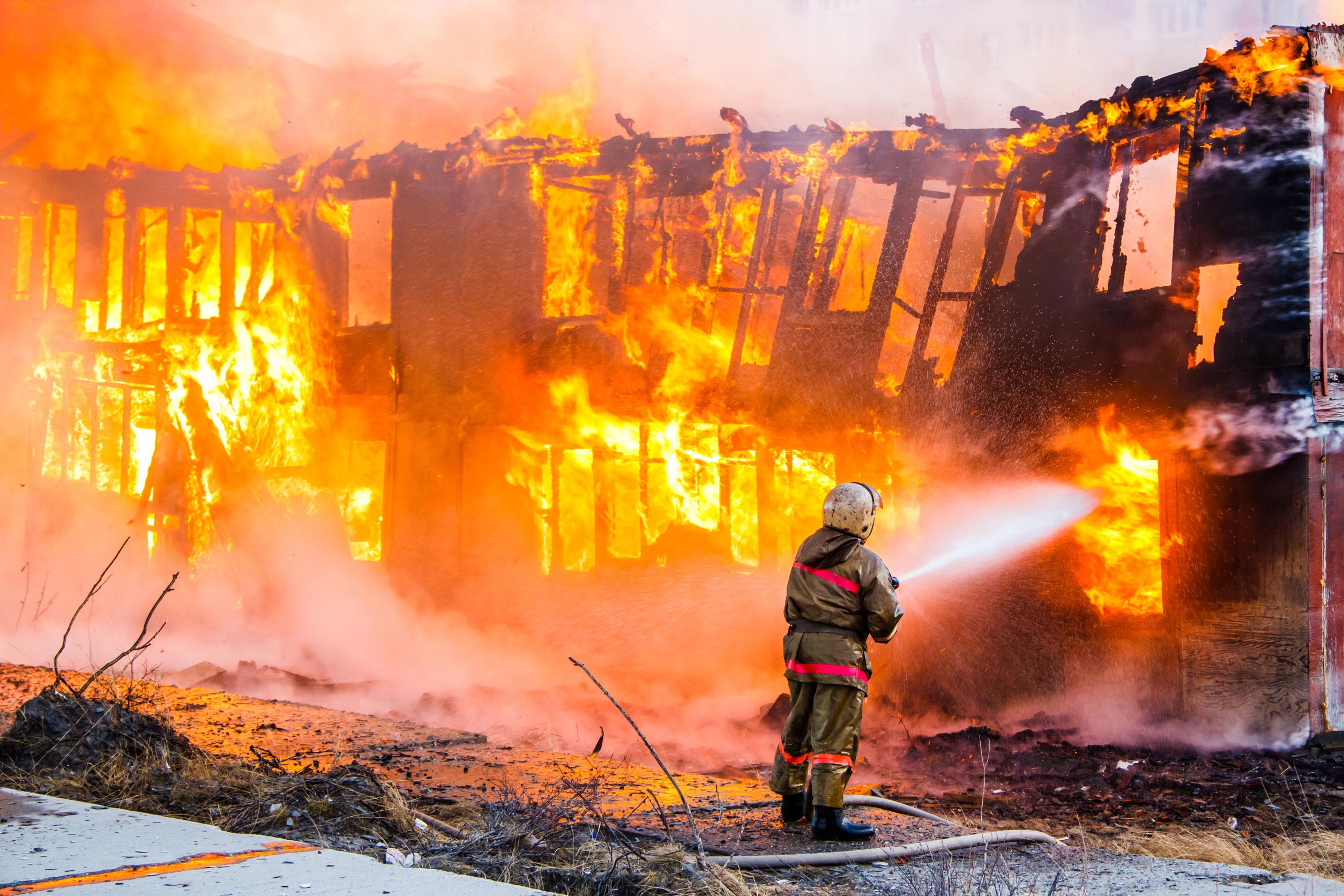WHAT ABOUT BOB?
Oxygen safety should never be taken for granted. If you are in the business of delivering oxygen to patients, it is a good idea to frequently review what you are actually doing on a day to day basis compared to what is written in your procedures manual. Simple omissions and mistakes made in the rush of business can have catastrophic consequences.
During my career I lost two patients (separate incidents) because they both were smoking cigarettes while on oxygen. The first patient actually was in his living room with his wife and visitors. He was a retired plumber and was very familiar with oxygen and its properties. He chose to smoke with his nasal cannula in place, something that he had done many times previously. But luck only lasts so long. The witnesses stated all they could remember was seeing flames coming from his mouth and nose.
(Those of you who have had the required oxygen training may say, "But Bob, oxygen isn't flammable!", which is true. However, in an oxygen enriched environment, a tiny spark can make anything burn. In this case, it was the patient's soft tissues—like his lungs.)
My second patient lived in an old wooden 4-plex. He had a roommate, who on this particular day, was on his way to the store. As the roommate was walking out the door, he shouted out a clear warning: “Do not smoke while on your oxygen”. Moments later, the apartment was ablaze. I was on my way to work that morning and heard on the radio that a man had died in an apartment building due to his smoking while on oxygen. Under my breath I secretly said, “Man, I pity the oxygen company that will have to deal with that”. About an hour later I got the call from the fire marshall.
I asked the fire marshall if I could go to the residence to get our equipment and he said I could when his inspection was completed. A couple of days later, he said it was ok to get our equipment. I planned on taking pictures at the apartment for our files. I wanted to verify that the “no smoking” sign was posted and check for anything else that could cause a legal problem. This is because I had learned from fire victim #1 that a family member could come out of the woodwork and sue us for negligence.
In this case, my company was lucky. The “no smoking sign” was on the door. Whew! When I entered the apartment, I entered into a world absent of color. Only shades of gray. Beer cans and wine bottles covered the floor. Our customer, as it turned out, actually had our company’s oxygen safety paperwork visible on his couch. It was one of the few things that had not burned. No relatives sued.
Applied Home Healthcare Equipment sells an item called the OxySafe which will quickly extinguish fires of this nature. For patients that you know or suspect are smoking, you could be a life saver adding the OxySafe to their tubing. Thanks and drop me a line if you have any comments.
Sincerely,
Bob McQuown, R.R.T. Manager of Clinical Resources
Applied Home Healthcare Equipment
bmcquown@applied-inc.com




.png?width=767&name=COPD%20in%20the%20cold%20(2).png)









